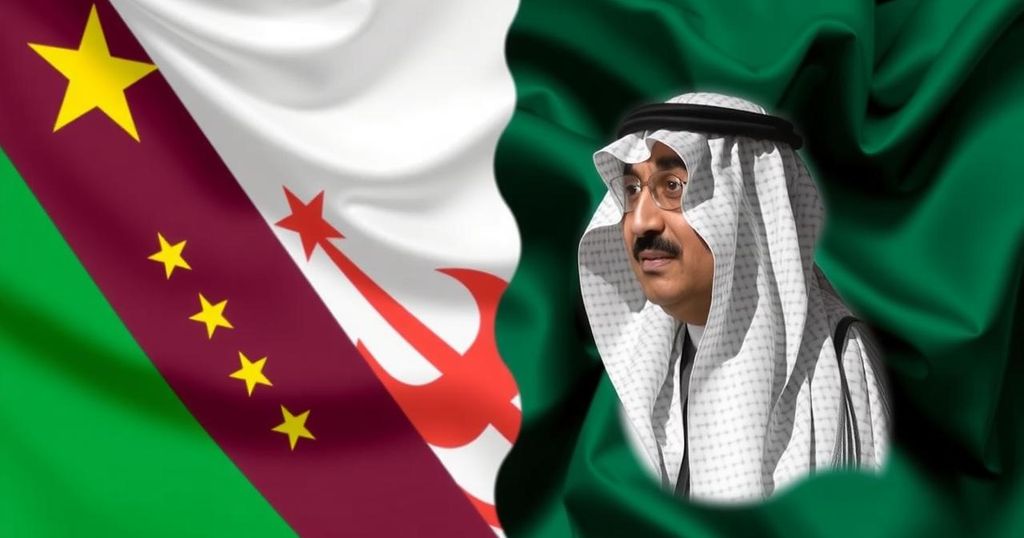Zambia and Saudi Arabia have signed a debt restructuring agreement to reschedule over $130 million of Zambia’s debt. The formal agreement, signed in Lusaka, symbolizes a mutual commitment to fiscal sustainability and economic growth. Additionally, a $35 million loan was approved for the construction of a specialized hospital. This follows Zambia’s earlier agreement with France to manage its debt amidst broader economic challenges.
Zambia and Saudi Arabia have officially finalized a debt restructuring agreement, enabling Zambia to reschedule over $130 million of its debt to the Kingdom. This significant agreement was executed in Lusaka on Thursday by the Zambian Minister of Finance and National Planning, Situmbeko Musokotwane, alongside Sultan bin Abdulrahman Al-Marshad, Chief Executive Officer of the Saudi Fund for Development. Minister Musokotwane emphasized that the agreement demonstrates both nations’ dedication to tackling Zambia’s debt challenges, promoting fiscal sustainability, and supporting economic development.
“This bilateral agreement is a result of our constructive dialogue and collaboration, for which we deeply thank the Saudi Fund for Development and its leadership,” stated Minister Musokotwane. Additionally, the two countries approved a $35 million loan aimed at financing the construction of the King Salman Specialised Hospital in Zambia.
This recent agreement comes on the heels of another debt restructuring arrangement Zambia reached with France on December 8. The understanding with France is part of a broader effort to manage Zambia’s debt obligations in line with International Monetary Fund objectives, striving for enhanced fiscal stability.
Furthermore, France has allocated €16 million in budgetary assistance over two years to help Zambia address emergency food crises exacerbated by drought conditions linked to the El Niño phenomenon. Zambia’s public debt had previously been alleviated through the Heavily Indebted Poor Countries initiative in 2005, leading to substantial foreign investments, particularly from Chinese entities, aimed at economic diversification. However, soaring debt levels and interest payments ultimately culminated in a sovereign default in December 2020.
Zambia’s current debt restructuring, initiated under the G20 Common Framework, has been characterized by prolonged negotiations that hindered economic progress for over three and a half years. The Center for Global Development has articulated that these negotiations underscore vulnerabilities within the Common Framework, which should be addressed to better assist other low-income nations facing similar debt challenges in the future.
The article discusses Zambia’s recent involvement in debt restructuring agreements, highlighting a new deal with Saudi Arabia, which permits the rescheduling of over $130 million of Zambia’s debt. It delineates the context in which these agreements take place, including prior negotiations with France and ongoing economic challenges faced by Zambia. Zambia has been grappling with sovereign debt issues since 2020, necessitating these restructuring efforts to promote fiscal stability and economic growth, particularly in light of past experiences with debt and foreign investment.
Zambia’s recent debt restructuring agreement with Saudi Arabia signifies a critical step towards addressing the country’s financial obligations and promoting economic recovery. By collaborating with international partners, including Saudi Arabia and France, Zambia is seeking to enhance fiscal sustainability while navigating the complexities of its sovereign debt. Continuous evaluation and reform of frameworks supporting debt restructuring are essential to assist low-income countries in managing similar challenges effectively.
Original Source: www.dailynewsegypt.com






